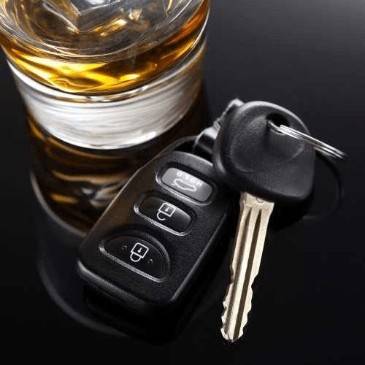When a police officer stops a Colorado driver on suspicion of driving under the influence (DUI), the officer may ask the driver to participate in a chemical test for alcohol or drugs. Often, this is performed as a “breath test” using a device like a Breathalyzer or a Datamaster.
Although it can be tempting to refuse to take this test, the consequences of doing so can be severe. Colorado is an “express consent” state. This means that drivers are expected to consent to a chemical test when asked, and if they do not do so, they risk having their driving privileges suspended. If the officer has probable cause to believe the driver is breaking the state’s driving under the influence (DUI) laws, the driver may also be arrested.
 For many drivers, the “express consent” law feels like a Catch-22. If you consent, the test might show alcohol on your breath; if you refuse, you face consequences anyway. What can you do?
For many drivers, the “express consent” law feels like a Catch-22. If you consent, the test might show alcohol on your breath; if you refuse, you face consequences anyway. What can you do?
Even if a breath test comes up with a “positive” result, do not assume the case against you is “open and shut.” Breath testing machines and laboratory methods for testing blood samples are complex and delicate. A failure to calibrate, clean, or use the equipment correctly can easily result in a false positive. An experienced attorney will scour the records from any testing performed and will ensure that any questionable or inaccurate test results are scrutinized closely.
At The Bussey Law Firm, P.C., our dedicated Colorado Springs DUI defense attorneys fight for the best possible outcome in each case we handle, while vigorously protecting our clients’ rights. Contact us today for a free and confidential consultation.
